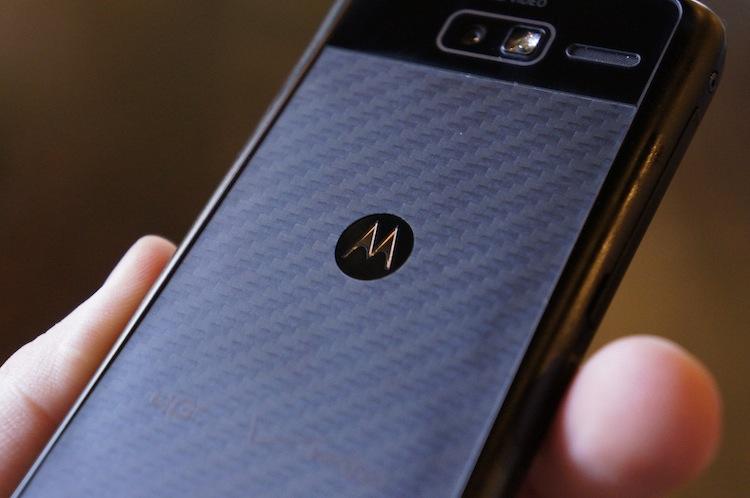
We all are fairly familiar with how smartphone subsidization works. You walk into a carrier store, browse the new phones on plinths and displays and maybe ask for a little help. When you finally decide on a single device, you agree to a two-year contract, go through the activation process and swipe your card.
By signing up for a two-year agreement, however, you're swiping your card for anywhere from $50 to $300 instead of $450 to $700. A major difference, no doubt.
By agreeing to continue service, uninterrupted, for two years, the wireless providers here in the States offer smartphones at discounted rates. They take an upfront loss on the price of the phones, but over the course of two years, that loss is paid in full (and then some) through your monthly bills. The advantage for the consumer is quite obvious: an immediate and drastic discount on the price of a phone. The benefit for the carrier is twofold: they lock customers in for two years, guaranteeing continued service, and can justify charge astronomical rates to cover their initial losses.
Recently, though, there has been a surge of prepaid services and, likewise, customers here in the States. MVNOs, as they are called, operate on large, nationwide providers networks and offer similar – if not the same – service for a fraction of the cost.
The plans are better, many are BYOD (bring your own device) and it can literally save families hundreds of dollars each month.
Some people, however, have various reasons for wanting to stick with their carriers. Loyalty, grandfathered plans and coverage are only a few reasons my family continues to use Verizon. But there is little incentive for loyal customers who may want to go no-contract on AT&T or Verizon.
For instance, my stepfather was eligible for an upgrade when the iPhone 5 launched. But rather than pay $300 for the 64GB model, he decided to purchase the iPhone 5 without a contract to keep his grandfathered unlimited data plan. Instead of $300, he paid just over $900 after taxes.
We're seeing more and more of this. With the rise of prepaid carriers, more postpaid subscribers are going contract-free – either to keep a grandfathered plan, or because they don't like the idea of being tied down. Used, no-contract smartphones can be had for relatively cheap if you know exactly where to buy from and how to play your hand right.
The worst part is that subscribers get no rewards or perks for going contract-free. Despite the fact that carriers make hand over fist on no-contract customers, after the agreement expires, the rates do not change. The customer is no longer paying extra to cover the cost of the phone, yet they still pay premium rates.
As much as I detest contracts, this is one of the main reasons I continue to sign agreements time and time again. Prepaid carriers don't exactly offer the newest devices or services (i.e.: finding decent LTE coverage to be used with a high-end smartphone on a prepaid provider is a pipe dream). This is ultimately why I pulled the plug on my journey into the prepaid realm.
There is no incentive for customers to be loyal, to go no-contract, and it makes no sense. With shared data, carriers could offer a free additional gigabyte per month to customers who go no-contract, and add 1GB per year that said customer is contract-free. Or they could apply a small discount to a contract-free customers' accounts. Providers would continue to earn the same astronomical profits while incentivizing loyalty and without pressuring customers into contracts.
I, for one, would be inclined to go no-contract if there were some logical reason to. But there isn't. Instead, providers insist things like letting you keep your existing rates is a compromise on their end, like letting you keep unlimited data is costing them loads of cash.
What say you, folks? Would you go no-contract and buy phones at retail value if you had some incentive? Or are you happy with your current contract and rate plan? Sound off below!